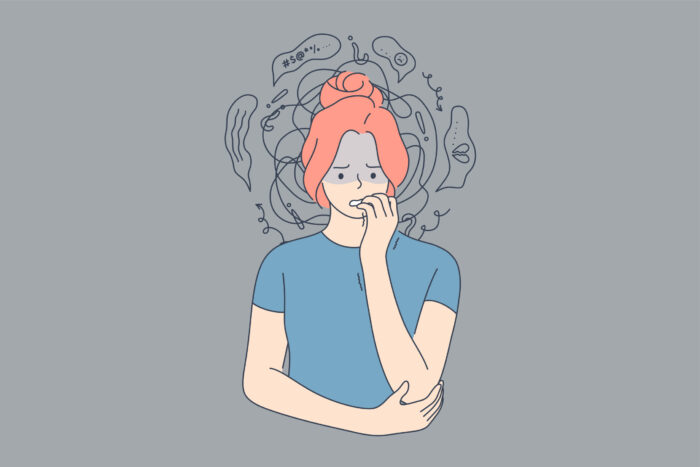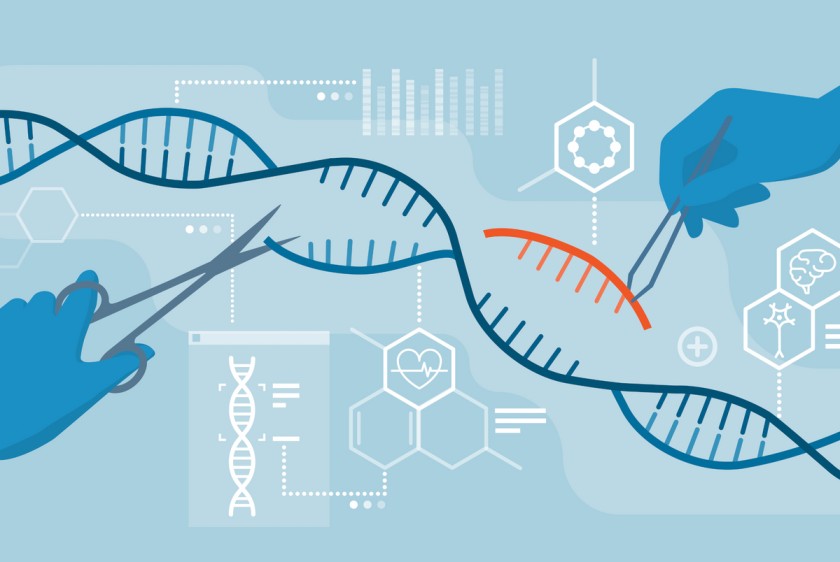Have you ever stopped and thought about your childhood and the childhood experiences you’ve needed to heal from? Everyone has something, whether it be a skinned knee, a broken arm, or a rolled ankle.
But what about the emotional experiences? A middle school breakup, being made fun of, or sexual abuse? These difficult experiences from youth and how people cope with them impact who that person becomes and the struggles they deal with in their adult life.
Survivors of child sexual abuse can deal with a variety of long-term effects, including mental health issues, struggles in relationships, and physical and financial struggles. There’s no easy way around it: childhood sexual abuse happens to many people and leaves wounds that can last a lifetime. Here – we’re going to talk about five effects child sexual abuse has on adulthood. But first, let’s define child sexual abuse.
What is Child Sexual Abuse?
Sexual abuse can simply be defined as any sexual act between an adult and a child. This includes touching, penetration, oral sex, exploitation, and the revealing of the adult’s private parts. This abuse could also happen between an older child and a much younger child, where unwanted sexual behaviors are forced or coerced by the older child.
Five Effects of Childhood Sexual Abuse on Adulthood
PTSD
Post-traumatic stress disorder (PTSD) is one of the most common effects of child sexual abuse. Studies have shown that PTSD related to sexual abuse is most likely to reemerge in adulthood. When someone experiences something traumatic, the memory-storing part of their brain may become overwhelmed and unable to process the memory the way it normally would.
Post-traumatic stress memories are still active in the brain, which is why they can easily be triggered by things like smells, tastes, something someone says, or signs of sexual abuse. The flashback of these memories can happen at random times or in dreams and be very stressful and the survivor may feel like the event is happening again. PTSD is a difficult condition that can cause other effects of child sexual abuse to become worse.
Depression and Anxiety
Child sexual abuse has consistently been correlated with depression and anxiety in adults, lasting for a few months to years. Both impact quality of life and how the survivor copes with other people and situations. Depression and anxiety disorders can manifest themselves in different ways:
- You easily become angered or irritated.
- You have no interest in your social life.
- You struggle to fall asleep and stay asleep.
- You have no interest in eating.
- You’re overeating and gaining weight.
- You consistently experience brain fog
- You experience unnecessary nervousness and a feeling of being overwhelmed.
- Your heart rate is high.
Unprocessed sexual trauma that causes anxiety and depression can lead to serious mental health conditions and suicide in some cases.
Substance Abuse
Studies have found links between childhood sexual abuse and the dependence and abuse of drugs and alcohol in adulthood. However, substance abuse as an effect of sexual abuse on adulthood is a tricky topic because studies have also shown a link between a history of family alcohol abuse and the sexual abuse of that child. This leads many to believe that survivors with alcoholism in their family history affect both their likelihood of being sexually abused as well as their likelihood of abusing alcohol and other substances in the future.
Substance abuse has a lot of negative effects on the victim’s life, including mental health issues, their ability to keep a job, and finish their education, and struggles with relationships.
Eating Disorders
Childhood sexual abuse has proven to affect adults through eating disorders, and can sometimes be severe. When someone experiences sexual trauma as a child, they experience a deep lack of control over their body. Eating disorders are believed to be the survivors coping mechanism for dealing with feelings of being out of control of their bodies. By controlling what they do and don’t eat, the survivor regains a sense of control over their body and develops an eating disorder via this coping mechanism.
Relationship Issues
A lot of sexual abuse survivors experience struggles in their relationships, including trust issues, insecurities about intimacy, and the inability to set healthy boundaries. But sexual abuse doesn’t only affect romantic relationships, it also affects relationships between family members and friends.
Victims of sexual abuse have been shown to have stronger struggles with developing and maintaining relationships than those who aren’t victims. These struggles may be because childhood sexual abuse survivors have a more difficult time setting boundaries that allow them to feel safe and secure in their relationships, causing them to feel insecure in the relationship.
Conclusion
Did you relate to any of the effects childhood sexual abuse can have on adulthood? Processing and healing from this kind of trauma is individual to each survivor. Many people don’t process their emotions when the abuse takes place and suppress them as a way of coping.
Adults who recognize these effects in their adult lives should seek out help to process their emotions and find healing. No one should have to suffer or carry the weight of sexual trauma on their own.








Leave a Reply
You must be logged in to post a comment.